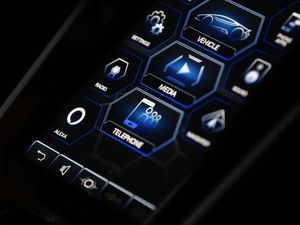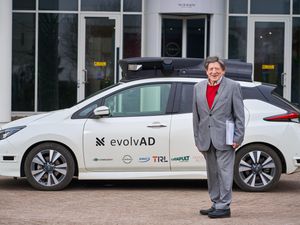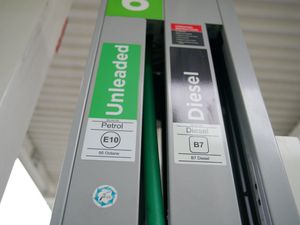British motorists still prefer physical buttons rather than touch-sensitive controls – survey
Recent survey conducted by What Car? found that 60 per cent of motorists are easily distracted by in-car infotainment systems.

Nearly 90 per cent of UK motorists prefer physical buttons rather than touch-sensitive controls, according to recent research.
Out of the 1,428 motorists surveyed by What Car?, 60 per cent would be put off buying a car that prioritised touch-sensitive buttons over physical ones.
Furthermore, 60 per cent also admitted that they had been distracted from driving safely while operating in-car controls– but were not just towards touchscreen interfaces.
Driver distraction was a contributing factor in 29 per cent of all road deaths in 2022, compared to 23 per cent in 2013, according to new data published by the Department of Transport.
The figures are backed up by What Car’s? latest consumer test of 20 different infotainment systems.
The test found that drivers were more distracted by limited voice control systems and touchscreen-led interfaces than driving with physical buttons and clear voice control systems.
BMW’s iDrive 8 in the latest BMW 5-Series came out with the best result with 87 per cent, followed by the OpenR system in the Renault Austral at 83 per cent and in third place was the Google-based system found in the Volvo XC60 at 68 per cent.
Claire Evans, What Car? consumer editor, said: “The key to providing the easiest-to-use, least distracting infotainment and air-con systems is to offer drivers plenty of control options.
“The very best systems, such as BMW’s iDrive, Renault’s OpenR and Volvo’s Google built-in, give drivers a number of ways of accessing frequently used functions.”
The worst performers were the Interlink system in the petrol-engined Vauxhall Corsa, finishing in last place with a score of just 22 per cent, while the Suzuki S-Cross scored just 24 per cent with its Pioneer SLDA system.
Both systems were criticised for being limited in providing functionality, neither had voice controls that could comprehend normal speech and instead would get the driver to remember specific commands.





